
Software developers in Austin, like in any other city, play a crucial role in driving innovation and technological advancements. In the rapidly evolving world of software development, it is important for developers to stay updated with the latest tools and technologies.
The ability to work with multiple programming languages, frameworks, and tools not only expands the developer's skill set but also increases their efficiency in solving complex problems. By being aware of a diverse range of tools and technologies, developers in Austin can build applications that are tailored to specific needs and provide more value to end-users.
Moreover, having knowledge of multiple tools and technologies can help developers adapt to changing market trends and customer demands. In short, being aware of multiple tools and technologies is essential for software developers in Austin to stay relevant and competitive in the fast-paced world of software development.

Top 12 tools most used by software developers in Austin
Visual Studio Code
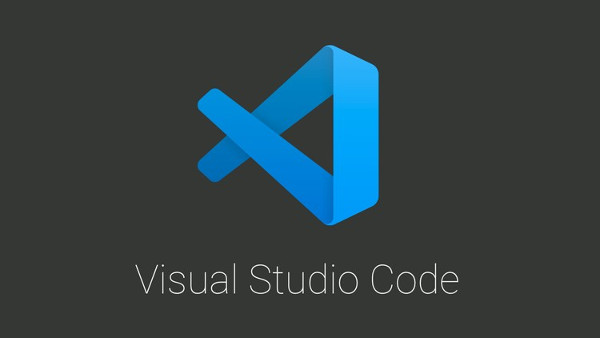
Visual Studio Code (often abbreviated as VS Code) is a free and open-source code editor developed by Microsoft. It is widely used by software developers in Austin for writing, testing, and debugging code.
Visual Studio Code provides a range of features and functionalities that make it a popular choice among developers. For example, it supports a wide range of programming languages, including popular languages like JavaScript, Python, C#, and Java, among others. It also has a rich set of extensions that enable developers to customize the editor's behavior and add support for new languages and frameworks.
Additionally, Visual Studio Code offers features like debugging, code completion, and syntax highlighting, which help developers write code more efficiently and with fewer errors. It also includes support for version control systems like Git, which allows developers to manage changes to their code and collaborate with others on a project.
GitHub
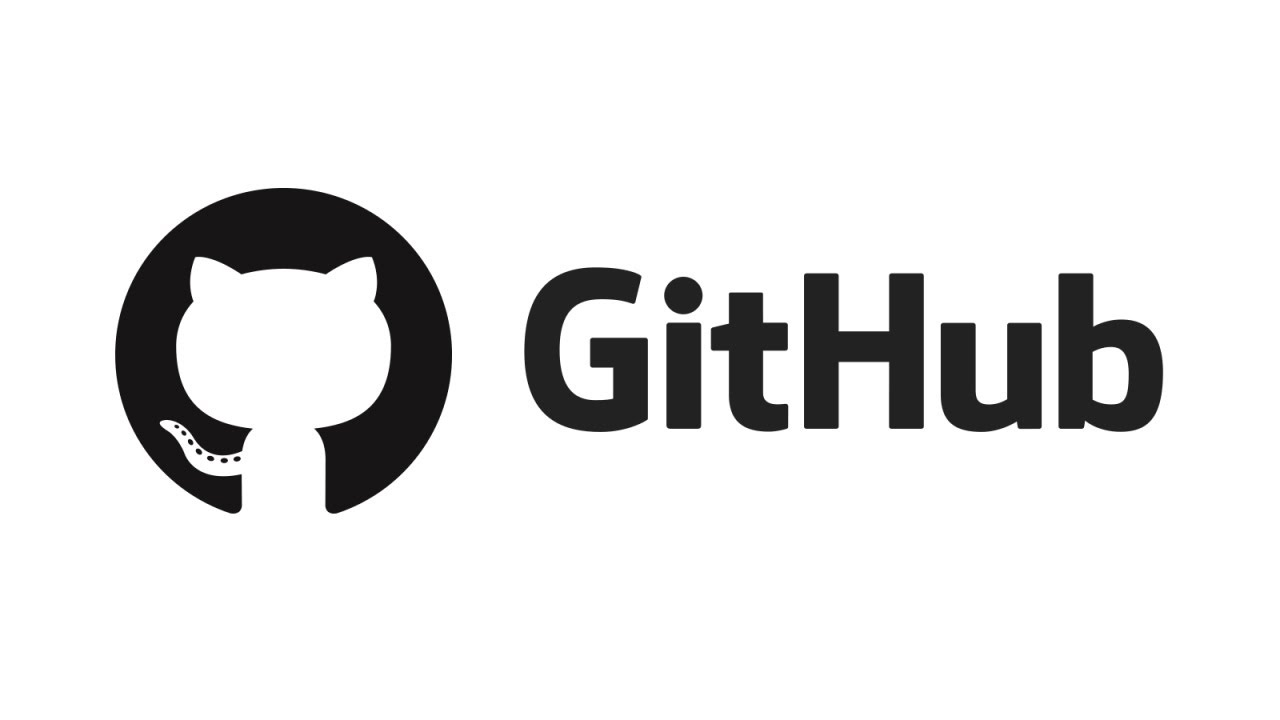
GitHub is a web-based platform that provides a range of tools for software development teams to collaborate on code projects. It was launched in 2008 and has since become one of the most popular code hosting platforms in the world.
GitHub allows developers to create repositories (or "repos") to store and manage their code projects. These repos can be public, allowing anyone to view and contribute to the project, or private, restricting access only to authorized team members.
In addition to code hosting, GitHub offers features such as issue tracking, pull requests, and code review tools, which facilitate collaboration and communication among team members. Developers can use GitHub to track bugs, suggest changes to code, and discuss project ideas. Read more about factors to consider before choosing a technology partner.
Jenkins
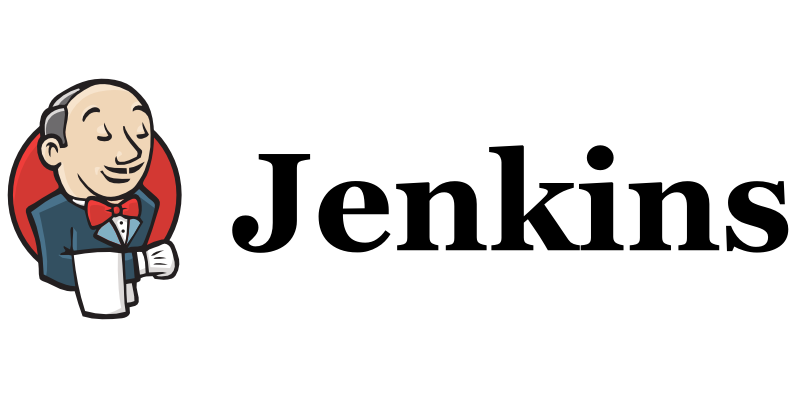
Jenkins is an open-source automation server that provides a platform for continuous integration (CI) and continuous delivery (CD) of software projects. It was initially developed as an internal project at Sun Microsystems in 2004 and later became an open-source project hosted by the Jenkins community.
This tool allows developers to automate the process of building, testing, and deploying code changes, ensuring that software projects are consistently tested and integrated. This helps to catch errors and bugs early in the development process, improving the overall quality of the software.
Jenkins supports a wide range of plugins that enable developers to integrate with various tools and services used in software development, such as code repositories, build tools, testing frameworks, and deployment platforms. It also provides an intuitive web-based interface that allows developers to configure and manage their build and deployment processes.
Azure
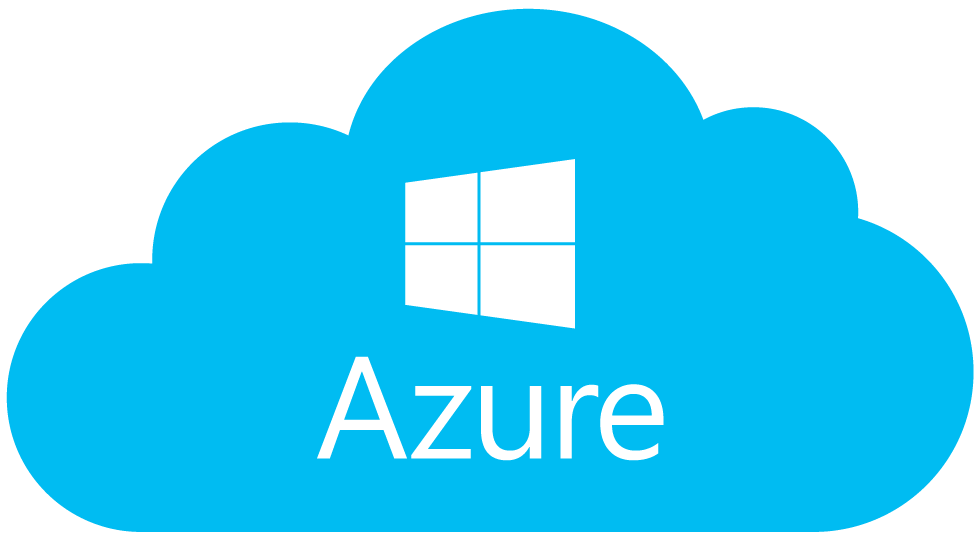
Azure is a cloud computing platform and service offered by Microsoft. It provides a range of services for building, deploying, and managing applications and services on the cloud. Azure enables developers to build, test, and deploy applications across a range of programming languages and frameworks, using both Microsoft and open-source technologies.
It offers a wide range of services, including virtual machines, storage, databases, networking, and analytics, among others. These services can be used to build a variety of applications, ranging from web and mobile apps to enterprise-level applications.
Azure provides a scalable and flexible platform for software developers in Austin, allowing them to easily provision resources and scale their applications up or down as needed. It also provides a range of tools and services for monitoring and managing applications, enabling developers to quickly identify and resolve issues.
Read more: AWS vs Azure: Which is better for your company?
Bootstrap
![]()
Bootstrap is a popular open-source front-end web development framework that is used by developers to build responsive and mobile-first web applications. It was originally developed by Twitter and is now maintained by a community of developers.
This tool provides a set of pre-designed HTML, CSS, and JavaScript components and templates that enable developers to create responsive and mobile-friendly websites quickly and easily. These components include navigation bars, forms, buttons, and various other UI elements that can be easily customized to fit the design of the website or application.
Bootstrap also includes a responsive grid system that enables developers to create flexible and adaptive layouts for their web applications. This grid system allows developers to easily adjust the layout of their web pages to fit different screen sizes and devices.
JIRA
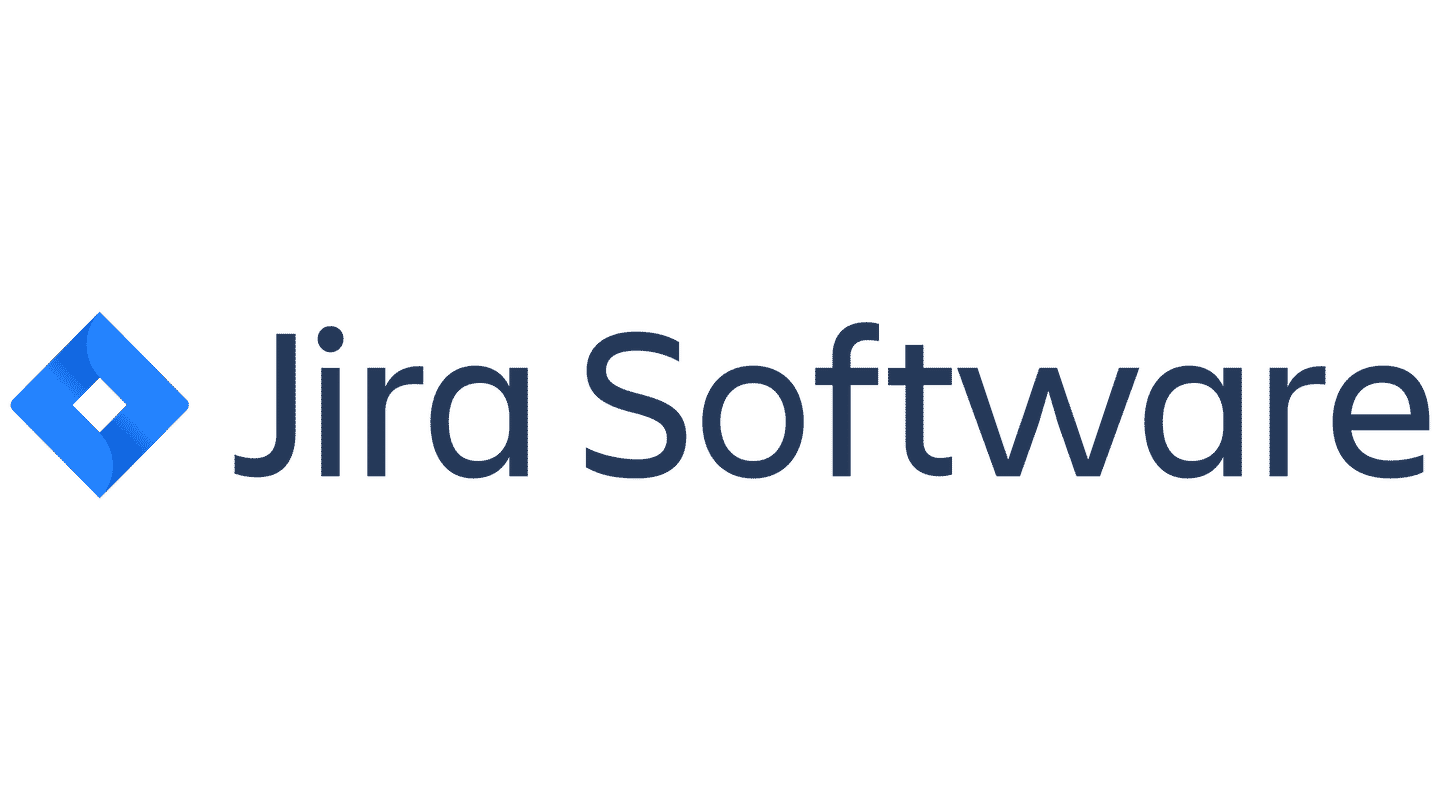
Jira is a popular project management tool developed by Atlassian that is used to track and manage software development projects. It provides a platform for team collaboration, issue tracking, bug tracking, and project management. Jira allows teams to create and track tasks, assign tasks to team members, and monitor progress in real-time.
It is widely used by agile development teams for its flexibility and ease of use. Jira supports different project management methodologies such as Scrum, Kanban, and Waterfall. Additionally, Jira integrates with other tools such as GitHub, Bitbucket, and Confluence to streamline the software development process. Learn more about advantages of using a project management software to handle your future projects.
Docker
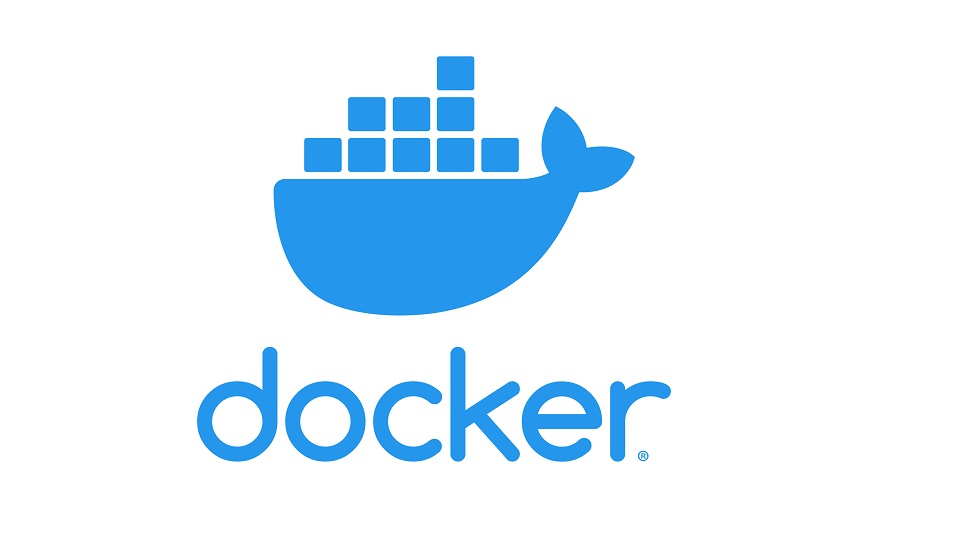
Docker is a containerization platform that allows developers to package and deploy applications as containers. A container is a lightweight and portable executable package that includes everything needed to run the application, including code, libraries, and system tools.
It provides software developers in Austin an easy and efficient way to create, manage, and deploy containers on any platform, whether it's a developer's laptop or a production server. With Docker, developers can easily create consistent environments for their applications, which ensures that the application will run the same way on any machine.
AWS

AWS (Amazon Web Services) is a cloud computing platform provided by Amazon that offers a broad range of cloud-based services and solutions to businesses, individuals, and organizations. AWS provides a wide range of cloud computing services, including computing power, storage, databases, networking, analytics, artificial intelligence (AI), machine learning (ML), Internet of Things (IoT), security, and many others.
This technology enables users to access computing resources on-demand, allowing them to quickly and easily scale their computing infrastructure up or down based on demand, pay only for what they use, and avoid the upfront costs of traditional IT infrastructure. AWS offers a vast selection of services, tools, and APIs that make it easy for developers to build, test, and deploy applications in the cloud.
Postman
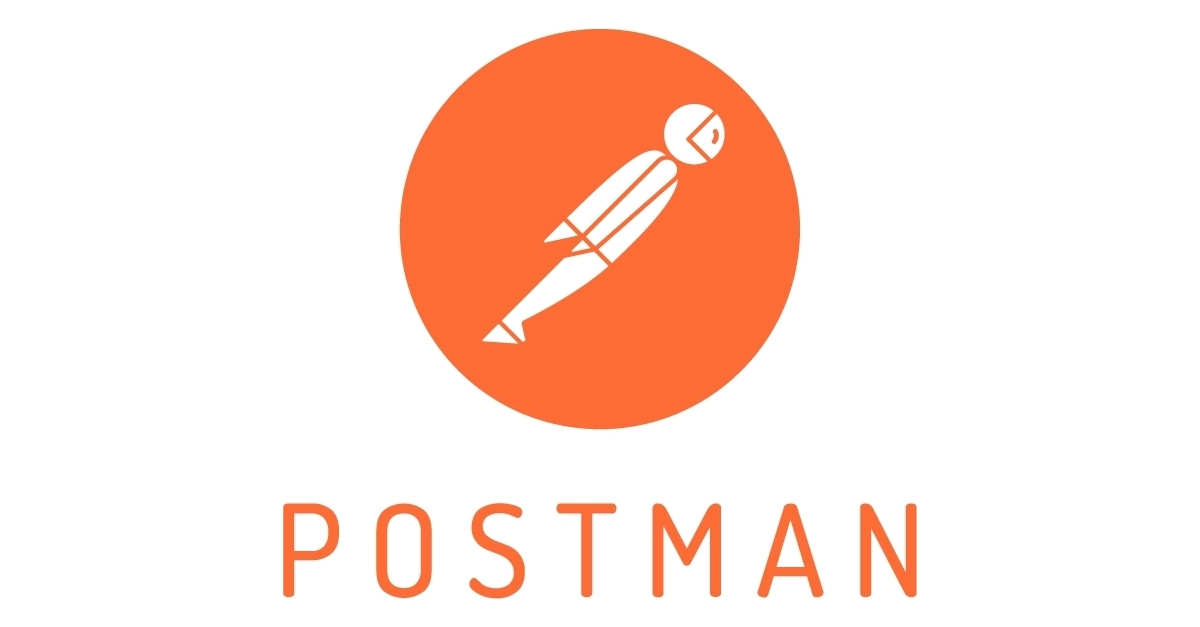
Postman is a software tool that allows developers to test and interact with APIs (Application Programming Interfaces). It provides a user-friendly graphical interface for making HTTP requests, allowing users to easily send requests, view responses, and explore APIs.
With Postman, developers can create and save requests, organize them into collections, and share them with their team. It also provides features such as automated testing, documentation generation, and collaboration tools.
Postman supports a wide range of API types, including REST, SOAP, and GraphQL, and can be used on multiple operating systems including Windows, macOS, and Linux.
Selenium
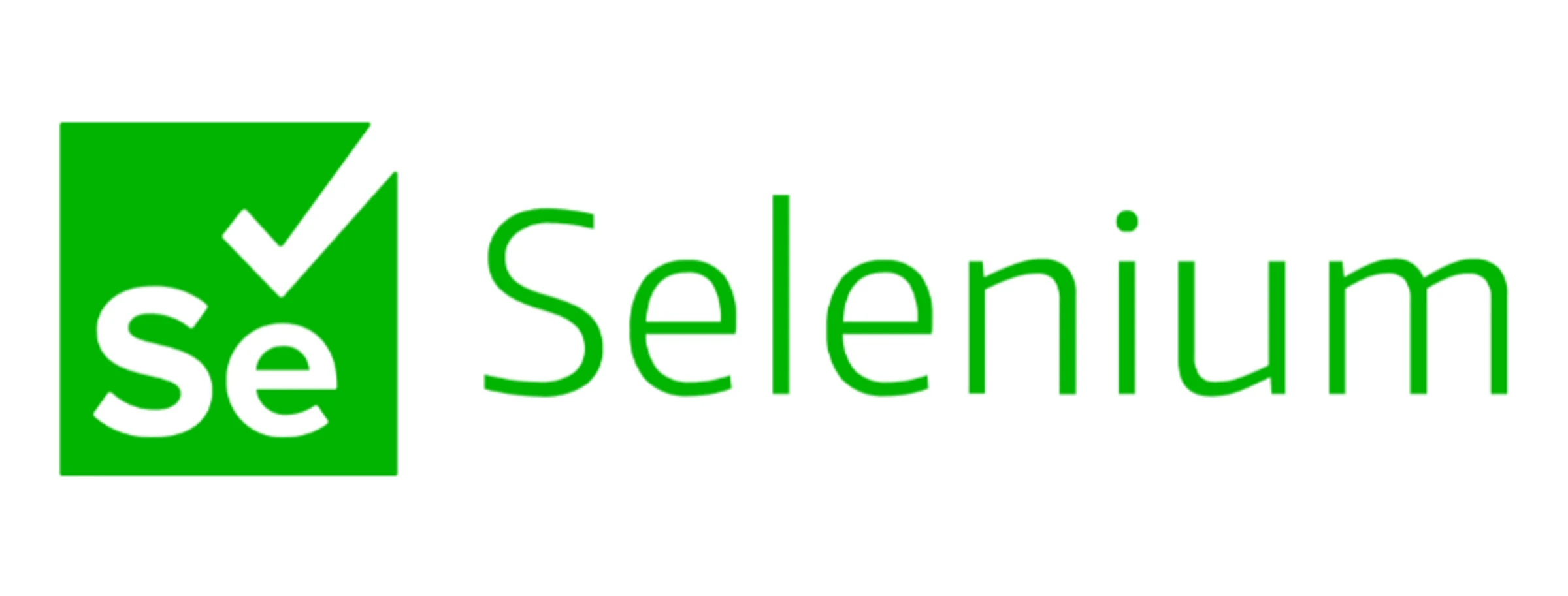
Selenium is an open-source automated testing framework that is primarily used for web application testing. It provides a suite of tools for testing web applications across different browsers and platforms.
With Selenium, software developers in Austin can write test scripts in programming languages such as Java, Python, C#, and Ruby, which can then be executed on a range of web browsers including Chrome, Firefox, Safari, and Internet Explorer. Selenium allows for both manual and automated testing, and supports a range of testing approaches including functional, regression, and load testing.
React
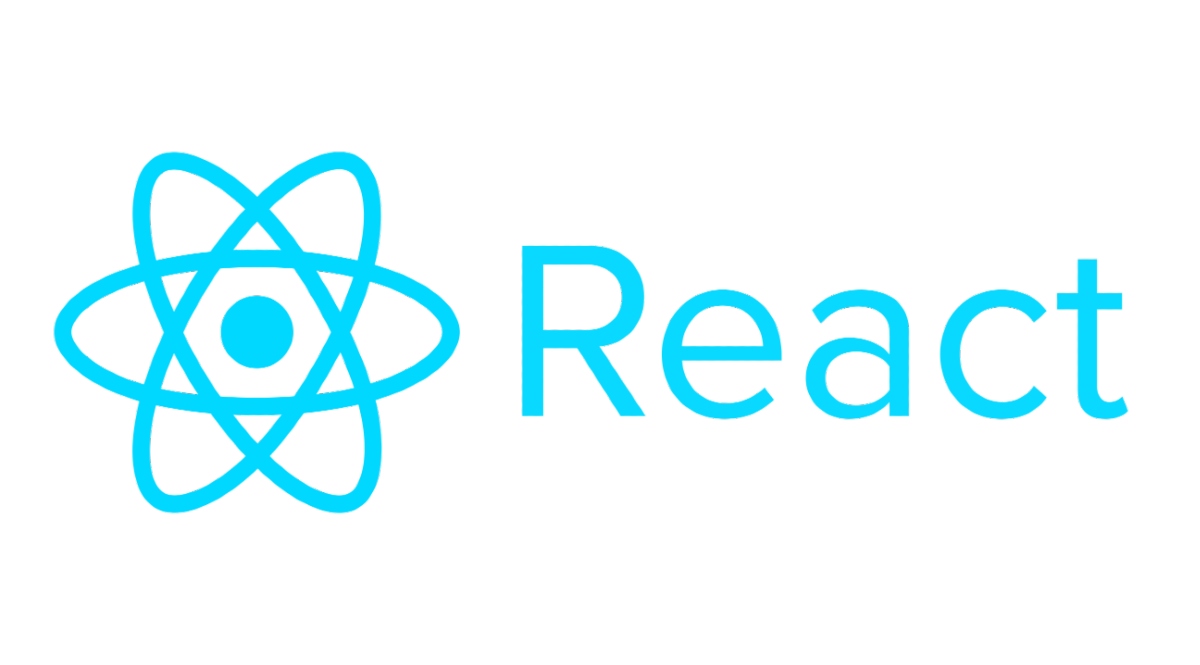
React, also known as React.js or ReactJS, is an open-source JavaScript library used for building user interfaces (UIs) for web applications. It was created by Facebook and is now maintained by Facebook and a community of developers.
This tool is based on the concept of reusable components, which are small, self-contained pieces of code that can be combined together to build complex UIs. React's component-based architecture makes it easy to develop large-scale applications that are easy to maintain and test.
It uses a virtual DOM (Document Object Model), which is a lightweight representation of the actual DOM. This allows React to update only the parts of the UI that have changed, resulting in faster performance and a better user experience.
It is important for software developers in Austin to stay up-to-date with the latest tools and technologies to remain competitive in today's fast-paced development industry.
Do you need software developers in Austin prepared with the best tools and technologies? At Rootstack, we have +12 years of experience supporting companies in their digital transformation. Contact us!

